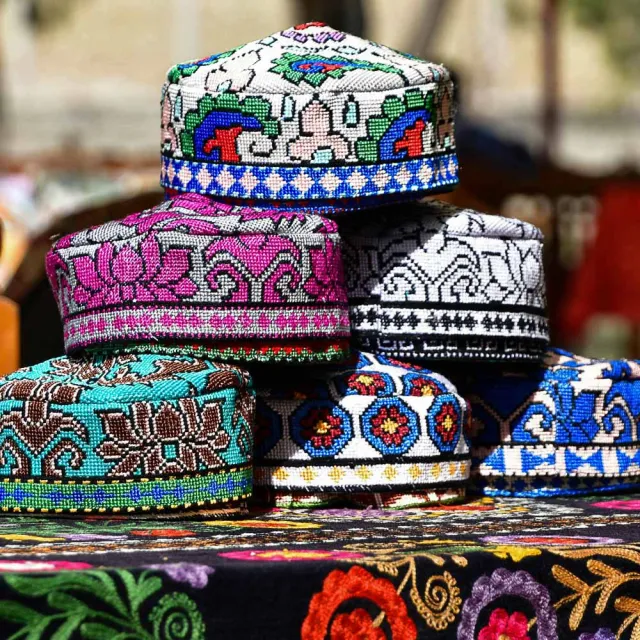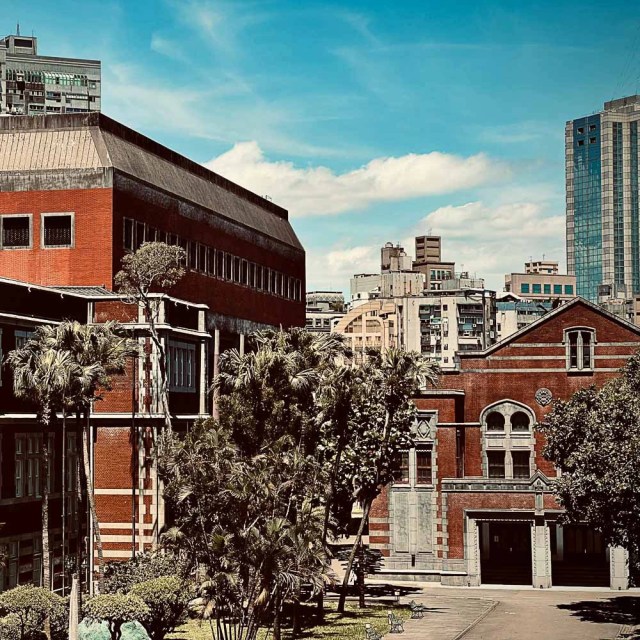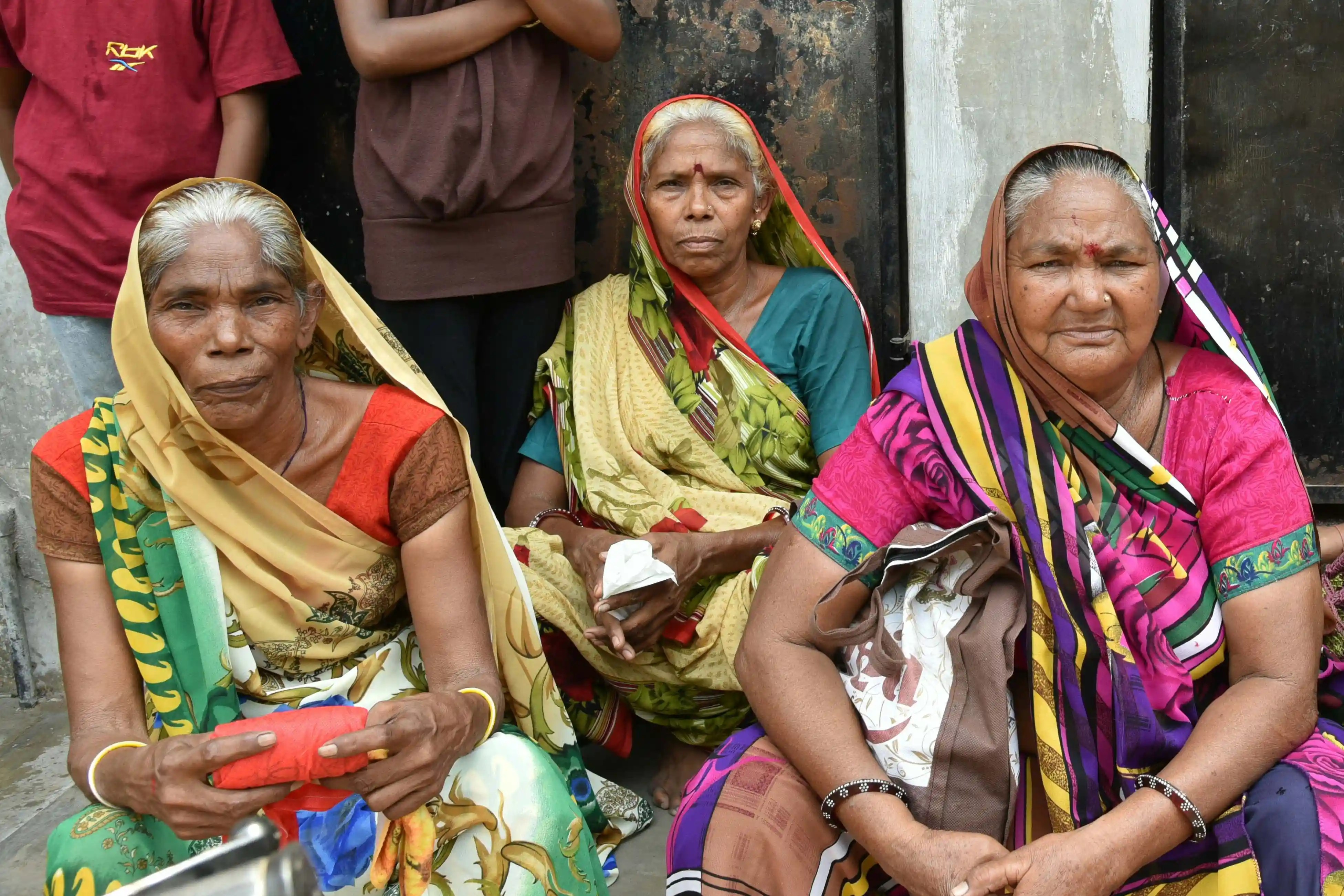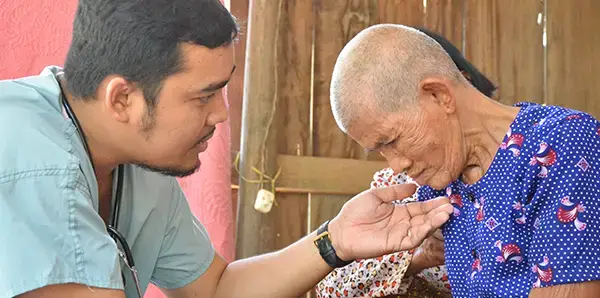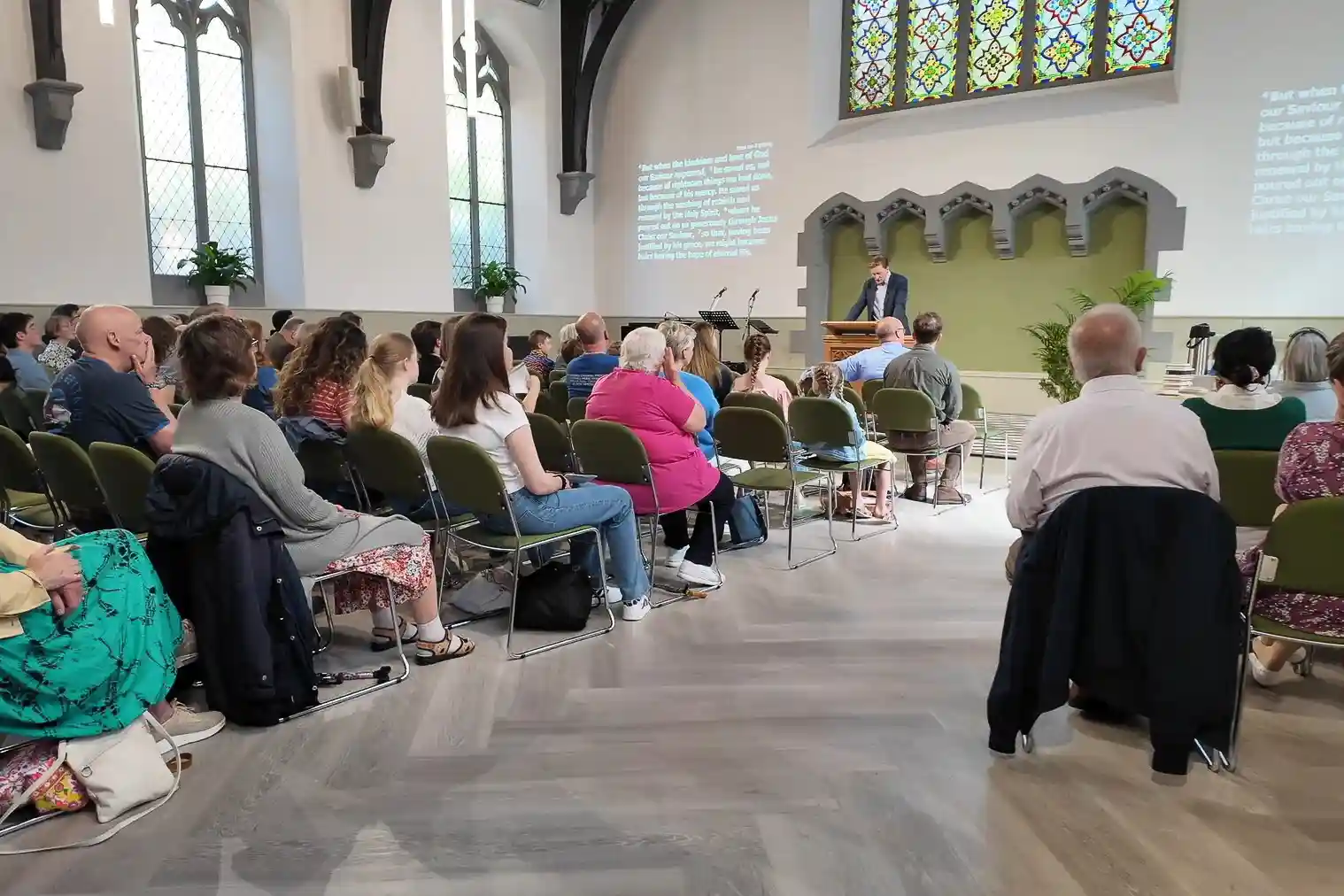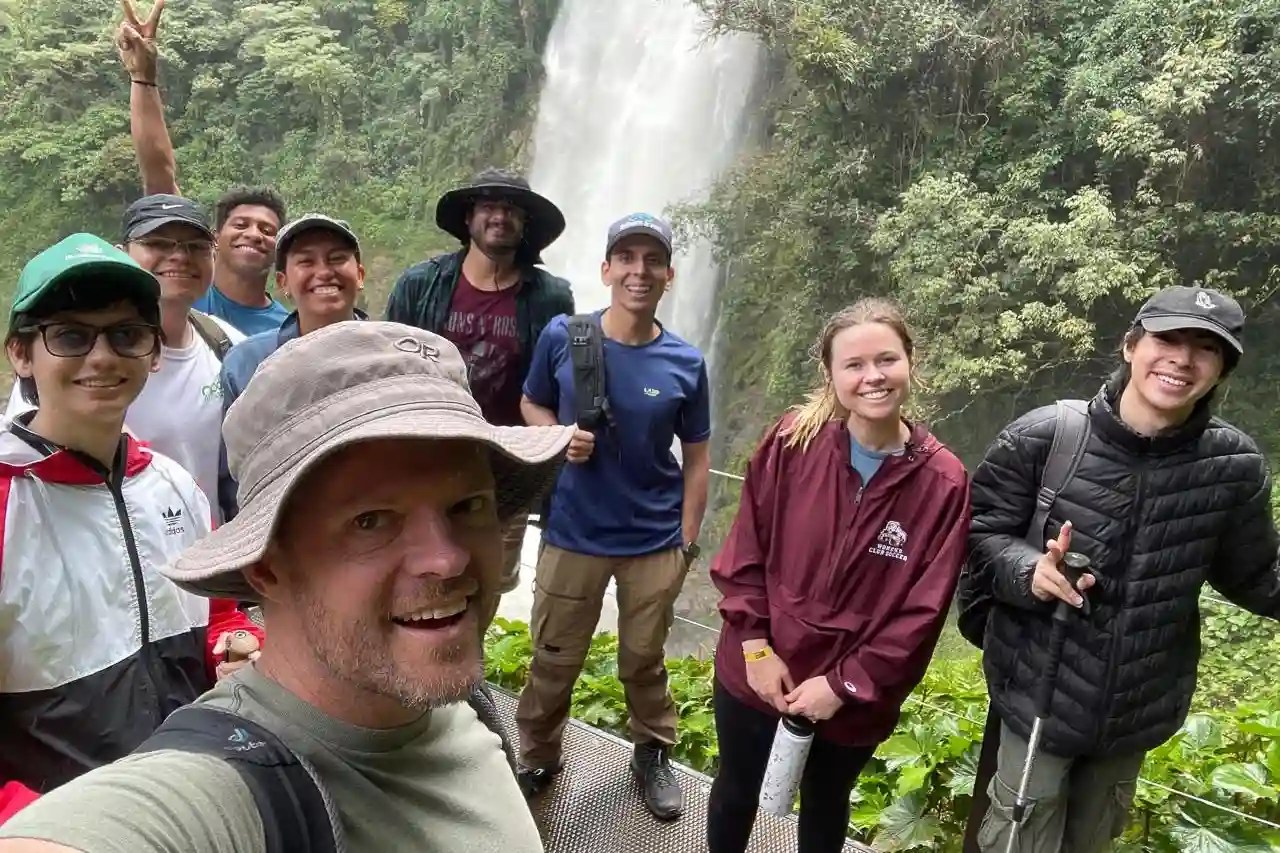The Natural Evolution of MTW’s Church Planting Philosophy

For five decades, MTW has been dedicated to one thing: planting and growing churches around the world. Yet, while this emphasis is the throughline of the agency’s history, MTW’s strategy for and philosophy of global church planting has necessarily evolved with our ever-changing world.
After its inception in 1973, MTW focused on developing into the PCA’s international missions agency. At first, that meant supporting and sending missionaries and church planters wherever there was opportunity, desire, and momentum. Over the next three years, MTW grew from 11 missionaries and three candidates to more than 100 missionaries serving in 20 countries across the globe, including works at Christ College in Taiwan and major church planting efforts in Korea and Mexico.
Beginning in the late ‘70s, MTW increasingly emphasized a strategy of planting churches in developing world contexts, especially among unreached people groups. But as MTW became larger and more established—and as missiology conversations within evangelicalism shifted—things began to change.
While Paul McKeown was serving as coordinator, MTW’s leaders looked at what other people were doing in missions at the time and saw that there was a lot of emphasis on reaching remote populations in rural areas and on ministries that could go hand in hand with works of mercy and justice. Leaders began to prayerfully ask what the PCA’s missions agency’s niche could be.
Global Cities
Looking at the landscape of global missions, MTW’s leadership realized that very few organizations were targeting middle- and upper-class people in major global cities. MTW saw this unfilled ministry gap and recognized that cities typically function as catalysts for cultural change, so they began targeting global cities for church planting in the 1980s, with the ultimate goal of planting Reformed denominations or starting new presbyteries. While they did not abandon active mercy ministries or church planting efforts in rural areas, MTW’s explicit strategic focus and core efforts became all about planting churches in major metropolitan hubs across the globe.
The strategy was moderately successful, with churches planted and denominations established in the Philippines, Ukraine, and Japan, to name a few. However, it became apparent to many that MTW’s emphasis on reaching the middle and upper classes was too exclusive.
“We had swung the pendulum too far,” said former church planter and current Director of Vitality Brian Deringer. The Paris church planting team he was a member of had planted a church in Paris during this era, and while the church did not grow exponentially, a solid church remains there to this day. “At some point we rediscovered Jesus’ care for the poor and the marginalized. We began to ask ourselves how we might expand our emphasis in this area in order to better reflect Jesus’ heart.”
In the late ‘80s and into the ‘90s—decades marked by conflict, upheaval, and disaster in much of the non-western world—MTW scaled back its single-minded emphasis on urban church planting to emphasize and support ministries of mercy and justice. They amplified efforts to care for the tangible needs of the world’s most vulnerable—with the goal that these ministries always be centered in and stemming out of the local church.
Primary and Facilitative Church Planting
At the turn of the millennium, MTW’s church planting philosophy began to evolve again. At a PCA General Assembly in the early 2000s, during Paul Kooistra’s tenure as coordinator, MTW invited several national partners from across the globe—pastors who served in MTW church plants alongside the missionaries. While sharing a meal, one participant shared a common concern.
“When we first met, you were like our parents. Now your children have grown up. This is no longer just Mission to the World’s table. We don’t want dependency, we want healthy interdependency, where we can learn things from you, and you can learn things from us.”
The message was clear: MTW’s church planting strategy had to adapt to the changing paradigm of global Christianity if it wanted to remain relevant and effective.
This new way of thinking about partnership added an emphasis on facilitative church planting and support for indigenous leaders. These national partners would do the actual church planting among their people group, a common theme with missions agencies at the time. Indigenous workers already know their language and culture better than foreign missionaries ever could. As result, MTW missionaries working arm-in-arm with national partners became the model for kingdom advancement.
Still, “Facilitation is only possible today because of foundations laid yesterday,” said veteran MTW missionary and Japan Country Director Dan Iverson. “In many places, those foundations are lacking. The Joshua Project lists people groups under 2% evangelical as ‘unreached’ because they do not yet have the strength to reach their own people. The national church is weak or nearly non-existent. There are not always scores of indigenous church planters waiting to be facilitated. [In these contexts,] evangelism and church planting by cross-cultural missionaries is still needed.”
Back to the Basics
Adaptation is a vital part of any strategy in an ever-changing environment, and MTW’s church-planting approach has evolved out of necessity and needs of the world. Today, the organization’s approach has broadened, becoming more balanced and mature.
“I think MTW is in a season where we’re not waving a flag anymore for whatever the latest thing is in missions. There’s no new trend driving our organization,” said Brian. “We’ve gone back to the basics. We’re Reformed and covenantal; dedicated to mercy, justice, and the love of God; planting churches and preaching the gospel of grace.”
Where appropriate, MTW missionaries facilitate church planting by supporting national pastors through evangelism, discipleship, theological training, and mentorship, or by working in supporting roles as assistant pastors or administrators—skills which are in high demand across almost all mission fields and are far more effective when done in person. In other contexts, where there are not enough local Christian leaders to spearhead the ministries themselves, MTW missionaries still do primary church planting, casting their vision by modeling leadership and discipleship. Some still plant, support, and lead middle- and upper-class churches in major global cities, while others champion works of mercy and justice from church plants in rural or low-income communities. It’s not an either/or approach; it’s both/and—adapted on a context-by-context and missionary-by-missionary basis.
“The Church is the means by which God brings His good news and His kingdom throughout the world,” said current MTW Coordinator and veteran MTW missionary Dr. Lloyd Kim. “The Church must be at the center of what we do. It’s integrally intertwined with our vision, our mission, and our theology.”
Today in over 100 countries, MTW missionaries are planting churches, discipling university students, and training local Christian leaders with solid, Reformed theology. Medical missionaries serve the poor in the mountains of Peru and the slums of Ethiopia, all the while pointing their patients towards the Great Healer and adding credibility to the local church. In Germany and Japan, artists use their craft as a vehicle for evangelism, discipleship, and the expression of the beauty of our Creator. Entrepreneurs start workplace ministry enterprises in countries hostile to the Christian faith, laying the foundations for communities of believers that can solidify into churches. The callings pursued by MTW’s missionaries are diverse, but their ministries have one thing in common: the advancement of God’s kingdom, through the planting and perfecting of churches.
This story originally appeared in byFaith magazine and is republished with permission.

